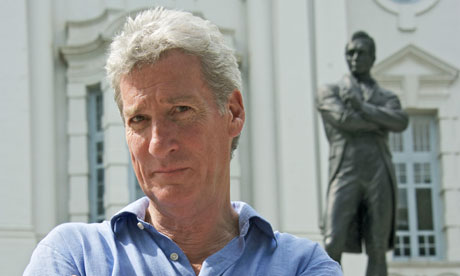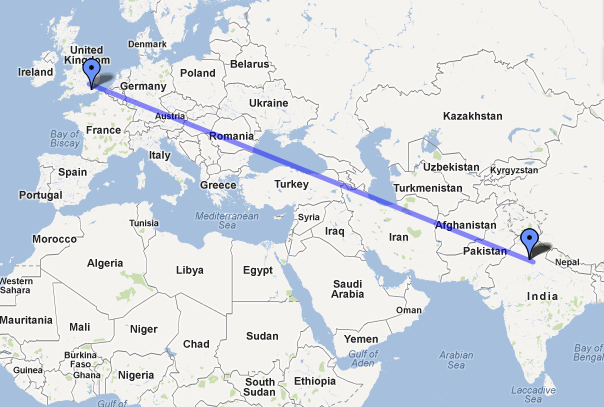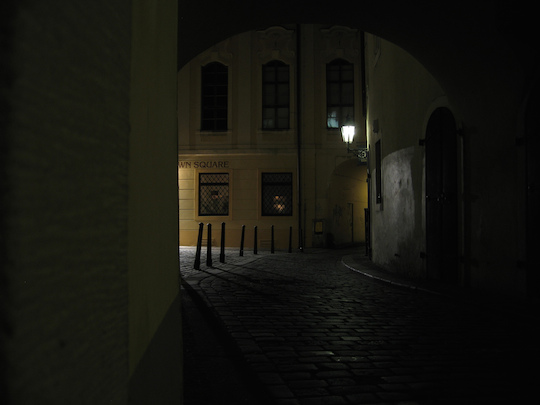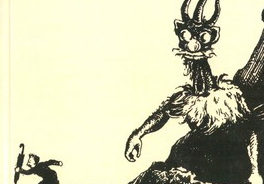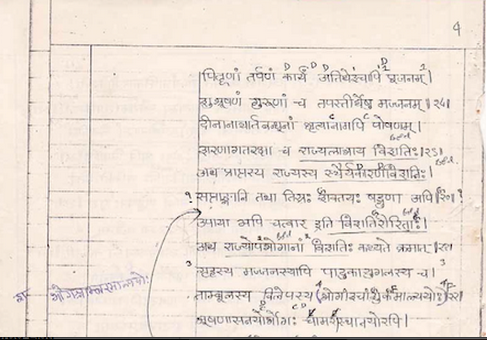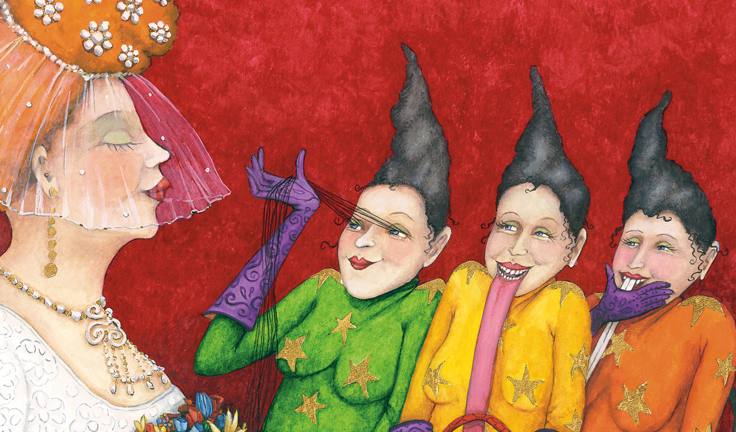Arabic Typewriter
Manufactured: c. 1966
Height: 5.9 inches, width: 15 inches
On display at the Malay Heritage Centre, Singapore
Jawi, an Arabic alphabet, was the dominant form of written Malay in Malaysia and Singapore for more than 600 years, but these days it’s in danger of becoming as obsolete as the typewriter.
Though the Malaysian ministry of education attempted to revive Jawi learning in the past—in 1970, elementary schools began teaching Jawi, and soon after high schools followed suit—by 1981, when I started Standard One (Malaysian first grade), Jawi was no longer part of the national curriculum. By 2006, Malaysia’s only remaining Jawi newspaper, the Utusan Melayu, which first appeared in Singapore in 1939, had ceased publishing.
As a translator of Malay into English, I’ve long been interested in Jawi, and when I spotted what I thought was a Jawi typewriter at the Malay Heritage Centre (MHC) in Singapore, I was immediately curious. I wanted to know where it came from, how old it was, who had owned it, how it was used. What follows is the conversation I had with the MHC concerning its typewriter, carried out over email. Noorashikin Zulkifli, Head of Curation and Programs at the MHC, helped trace the typewriter’s origins and explained its features. Encik Syed Ali Semait, Managing Director of Singapore-based Pustaka Nasional Pte. Ltd, the publishing and typesetting company that donated the typewriter to the MHC in 2012, helped identify the typewriter’s original owner. READ MORE…

